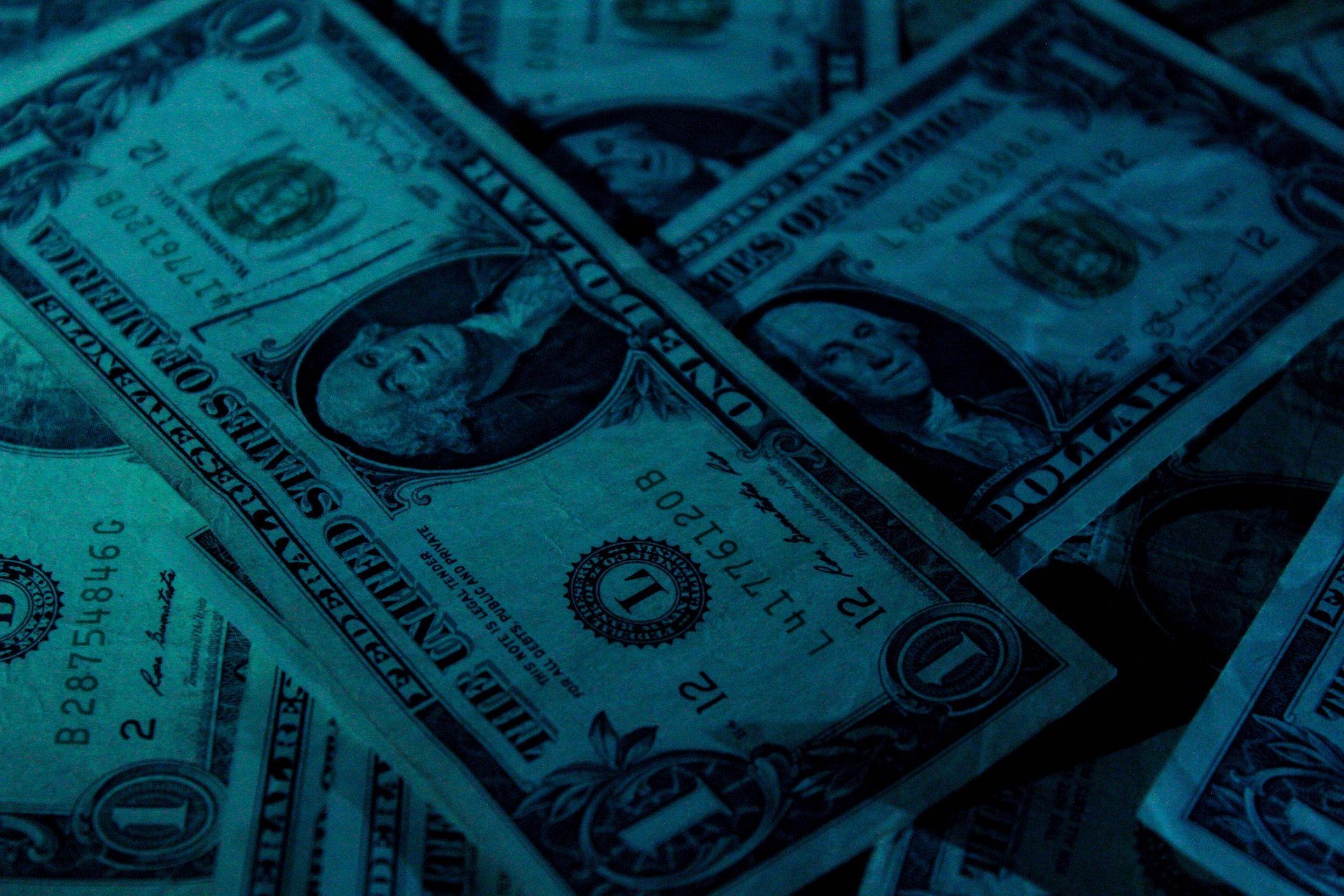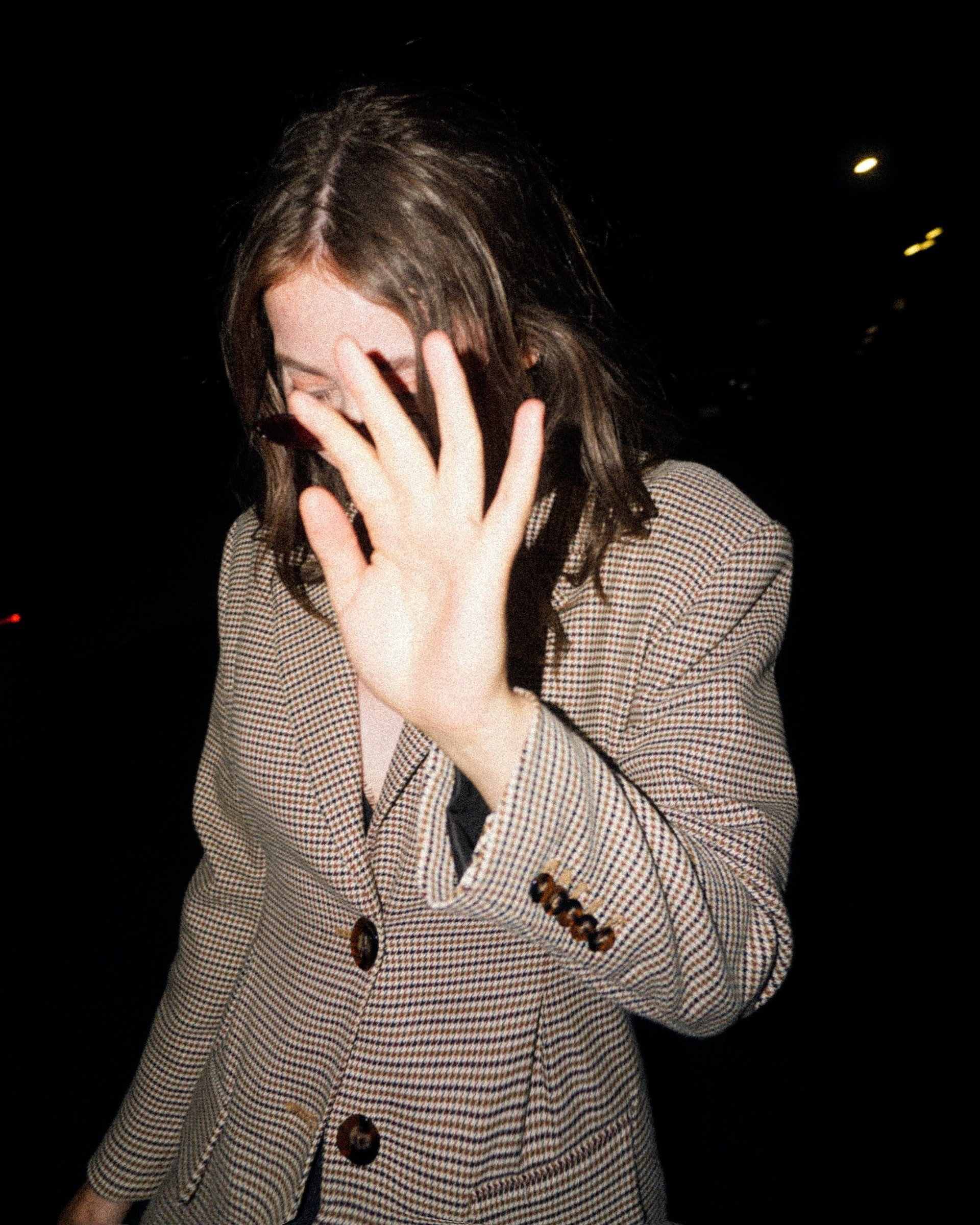
Is it bad to want to be famous?
“Thank you! Thank you sooo much!” I passionately exclaim, almost breathlessly. “I want to thank the Academy, my director, my co-stars – you guys, ugh, I wouldn’t be here without you! And finally, I want to thank my parents for their unfailing support; it’s been a long, tough journey, but we did it!” It’s about now, while shakily clutching a shampoo bottle as if it were made of solid gold, wearing nothing but a towel and a teary smile, when I realise just how lovely the acoustics are in my bathroom.
Have you rehearsed your acceptance speech too? No? No, neither have I… um… I’m asking… for a friend… I swear! Yes, and… my friend… is an actor, who has often fantasised about reaching such esteemed heights in his career that everyone will be cheering my name! … I mean… my friend’s name.

“FAME! I want to live forever. I want to learn how to fly,” go the lyrics in lustful appreciation of this elusive seductress that is: “FAME!” People’s desire for celebrity, prestige, prominence, popularity, and stardom is so pervasive that it has been notably immortalised into song, which has ironically even made that song, itself, quite well known. Although, how many times have you heard your favourite performing arts icon and legend say something like: “Oh, I didn’t really want to be famous, it just happened,” whereby igniting a pang of self-loathing for ever personally fancying it. But is this indignity for yearning fame simply because our idols claim they never considered it, or something deeper? If an appetite to be famous is so common and widespread, why even question whether it is good or bad that we want it? Why would I shy away from admitting that I practice receiving that award when I’m alone after a shower? … OK, you needn’t bother answering that last question… As for the rest, however, it is first important to acknowledge three dominant factors as to why actors, and anyone in the business of performing arts, crave fame.
The currency of notoriety…
You’ve probably heard the two phrases: “It’s showBUSINESS, not showART”, and: “It’s not personal, it’s BUSINESS”. When we combine these two sayings we get: It’s not show-art or personal, it’s show-business. The bottom line is (and I am also referring to the final total on a metaphorical balance sheet), as professional actors in this financially driven industry, you are a product.
It is, alas, also an industry-standard law that can make performing Shakespeare in 700 seat theatres count for less than a few lines and your amorphous, out-of-focus, ghostly walk-on role in a Disney movie (this example is based on true events). “Oooo, which Disney movie?!” I hear you ask, don’t deny it. And why did you ask that first instead of which bard play or what theatre? Notoriety.
Notoriety is a powerful tool in the professional actor’s toolbox. Industry speaking, the value of a recognisable name and/or face is almost fundamental to continuing to work opportunities and advancing the career. And, evidently, it doesn’t have to even be YOUR name or face. It is not uncommon for your agent to boast to those casting: “Well, my client just worked with Signore Famous-Name!” or “Yes, indeed, my client recently wrapped filming with that really talented lady who directed that very popular series everyone’s talking about!” It may seem tenuous and fickle, but, as a sellable product, any connection you may have to an already proven and highly marketable entity can be a very powerful asset.

Like any business, show business operates on the basis of bettering the monetary return and famously (in fact part of the allure of this beguiling industry) the financial numbers heavy-players in the game are looking at are in the multi-million range. AND DON’T KID YOURSELF – PRODUCER’S LOOK AT THE NUMBERS. They have to, that’s their job. How many times have you heard: “Oh they gave the role to a name actor” or “We’re only seeing ‘name’ talent at this time”? When we consider this from a financial point of view, the job of an entertainment producer tends to start with securing money to make the project itself, and while it’s easy to imagine “investors” as some rotund, Mr Monopoly-type fellow, with a fat cigar, carelessly waggling about bulbous bags with dollar signs on them, it isn’t exactly reality. Those putting money into this industry hope to receive more back, and they know that in the marketing of their project, a “name” will attract ticket buyers, and is thus more likely to amass greater revenue – more than that of an unknown performer. “Starring.” “Top-billing.” “Name bigger than the title.” These are topics of actual discussions had within the walls of major film and theatre companies, before production has even started. And why? Not just because they think the actors in consideration could possibly be perfect for the role – oh no! In their efforts to sell this asset, they’re going to put the shiniest bells and whistles they can find onto the product. Today, even notable social media personalities, whose celebrity is often entirely unrelated to acting, are being considered for stage and screen stardom.
This practice is obviously not a fail-safe rule, business is always a gamble and its laws allow for a few variables, but it is certainly common practice in the arts industry to hedge one’s bets on a cyclical economy. And when it comes to buying their tickets, audiences are no different – they want to lower their risk of investment. Audiences have worked hard for their money, so if they’re paying for it they’ll want to see favourite actors who have never let them down! If you’re lucky (and hopefully incredibly talented as well), your ability as a capable and exceptional actor actually becomes the reason audiences flock to see you, and thus a sales point for using you in a project.
This is the literal currency of fame and notoriety. The more you’re known, the more you work. Why wouldn’t we as budding artists actively seeking employment use one of the most obviously proven tactics? Ultimately, is it bad to want fame if it’s likely to get us more of the very work we are trying for? No, it’s not bad at all.
Money, red carpets, and other shiny things I want…
“When I grow up, I wanna be famous, I wanna be a star, I wanna be in movies. When I grow up, I wanna see the world, drive nice cars, I wanna have groupies. When I grow up, be on TV, people know me, be on magazines…” In their rhapsodic chorus, The Pussycat Dolls have made an apt observation. From a young age, we perceive fame as desirable and we believe we can acquire it, no matter how lofty the herculean feat required to do so. Notoriety = Success = Having it all…
“Well, he must be doing well if he’s strutting the red carpet!” “She’s certainly at the top of her game to be wearing those sparkly designer gowns!” No one listens out for such comments or understands this aesthetic measure performing arts career acknowledgement more than the performer themselves. These modern-day artistic-gods began as mere mortals just like the rest of us until plucked from obscurity by a cloudburst of work, fortune and adoration. We are told in myths and legends that they too suffered endless rejection, non-existent remittance, and unflagging support from their family and friends no matter how many independent plays and improv galas they were forced to endure. This rags-to-riches cliché continues to power the promises that despite our humble beginnings, we might too achieve the same fairytale fate!
Sounds like a dream, no? Is it bad to flirt with the dream conclusion to the arduous, exhausting, often impoverished slog of following one’s dream?
“I’m an actor, not a star,” said Al Pacino. “Stars are people who live in Hollywood and have heart-shaped swimming pools.” Oh, well that’s just great! Back to feeling horrible about ourselves because a master and genius actor put us in our place with one remark, suggesting that Hollywood opulence is something other than what he would categorise as “success”. Then why do we continue to hunger after the more conventional concepts of affluence, and at the same time feel ashamed for having that appetite?

It is no secret that part of the average artist’s consciousness is constantly racked with doubt and insecurity. Is our work, despite vehement love and passion for it, worth the strain and struggle of pursuit? Our fragile spirit wobbles on a single quote from a respected icon and can make us question whether or not our actions and natural instincts are right or wrong, good or bad. The successful artist’s oasis is paved with mixed-comforts and securities, for sure, but it is built on a foundation of the most radiant, golden, and enriching resource the artist could ever know – validation. It is the personal, societal, and industry acceptance and affirmation for our craft that we truly covet, and we can’t help but perceive the shiny, red-carpety, glitz, glamour and materialistic treasures as rewarding verification.
Essentially, for actors and artists alike, at its basic level, fame promises a cocktail of confirmation, authenticity, vindication, greater credence and endorsement, and above all existential proof that our art is, in part, worthwhile.
The human need to feel important…
In his enduring book, ‘How To Win Friends & Influence People’, Dale Carnegie claimed that: “the desire for a feeling of importance is one of the chief distinguishing differences between mankind and the animals.” He then goes on to speak of how his father used to raise prize-winning hogs and proudly present the first place blue ribbons whenever company visited the house. He specifies that the hogs, obviously, didn’t care about winning – the acclaim was felt solely by his father, feeding his father’s need for importance. Carnegie corroborates this point with famous examples throughout history like George Washington, who demanded to be called “His Mightiness, the President of the United States; or Catherine the Great refusing to open letters that were not addressed to “Her Imperial Majesty”; or Shakespeare, the bard himself, trying to elevate his status and prestige, by procuring a coat of arms for his family name. Carnegie attributes the need to feel important as fuelling the drive to build civilizations, to invent, to educate ourselves, and to make and claim great discoveries.
“If you tell me how you get your feeling of importance,” Carnegie says, “I’ll tell you what you are. That determines your character. That is the most significant thing about you.”
By this logic, the actor or artist’s attempt to feel important through their craft is quite definitive of who they are as a person. Should they then strive for the greatest heights of importance in the form of professionally valuable notoriety, eminent materialistic validation – fame – it is purely an ambitious prism through which to channel their innate and natural need for significance.
By this logic, it would seem it’s not quite “bad” to want to be famous. It’s human.
Which begs the more pertinent question…

Why do we think or question whether it is “bad” to want to be famous?
Why does admitting we crave fame mean risking being marched naked down the streets of Kings Landing for citizens to spit and throw poo at us, while someone rings a bell shouting: “Shame! Shame! Shame!”?
The infamy of desiring fame.
Ironically, it’s because the celebrity around wanting to be famous has gotten a pretty bad wrap in the entertainment industry in particular. Famously, artists devalue any interest in fame, for the implications that it begrimes the purity of one’s craft. This negative stigma germinates from the age-old rivalry between mass-market commercialism and artistic integrity, and what is believed to be the inevitable compromise that will exist when one confronts the other.
As actors, where our personality is so much of the product, a narcissistic streak mars the perception of our desire for fame, no matter how honourable, humble, or humanly justifiable that desire is. As a result, asking ourselves whether or not it is bad to want celebrity cuts deeper to the bone. It is really asking, whether my calling to live the dream through my craft comes from a sincere place?
Perhaps, instead, we should reword the question more in accordance with reassuring our fragile insecurities…
Is it bad to want to be a famous actor, who is famous for their acting craft?
Arguably, no. Not at all. If anything, it’s standard and potentially business savvy of you.
As a matter of opinion, conversely, is it bad to want to be an actor so that I can become famous?
Speaking on behalf of all those struggling thespians that love their craft, follow their dream, are just trying to catch a break, and have and continue to sacrifice a hell of a lot just to taste a morsel of success… Yes… Yes, it is.

Leave a Reply